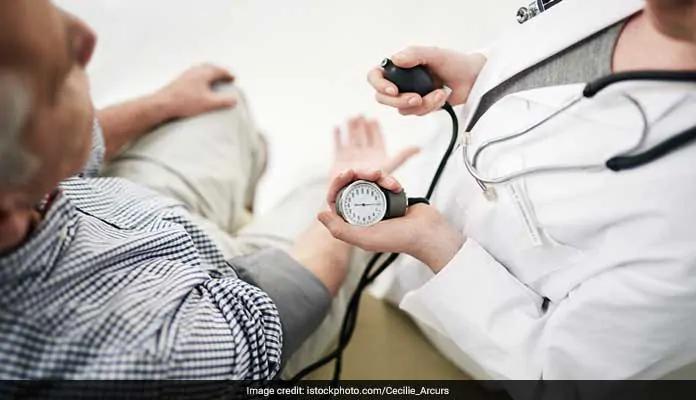Unlike other health conditions that pop up with warning signs, high blood pressure (defined as 130/80 mm Hg or higher) rarely comes with symptoms, which is how it earned the name “the silent killer.” In fact, about 1 in 3 people who have hypertension don't know it, according to the CDC.

The only way to know for sure if you have high blood pressure is to check your numbers. If you are 40 or older, you should be doing this at least once a year, federal guidelines state. A health care provider can measure it in the office; your local pharmacy may also have a blood pressure machine.
Home monitoring is an option, too, and one that many experts recommend — especially if nerves interfere with your readings during routine health appointments. (You can purchase a monitor for under $50.) Just be sure to keep a log of your blood pressure measurements so you can review them with your doctor at your next appointment. And pay attention to how you take your blood pressure: Experts recommend emptying your bladder and avoiding food or drink 30 minutes ahead of time. Also be sure to keep both feet flat on the ground, place the cuff on bare skin and rest your arm with the cuff on a table at chest height.
